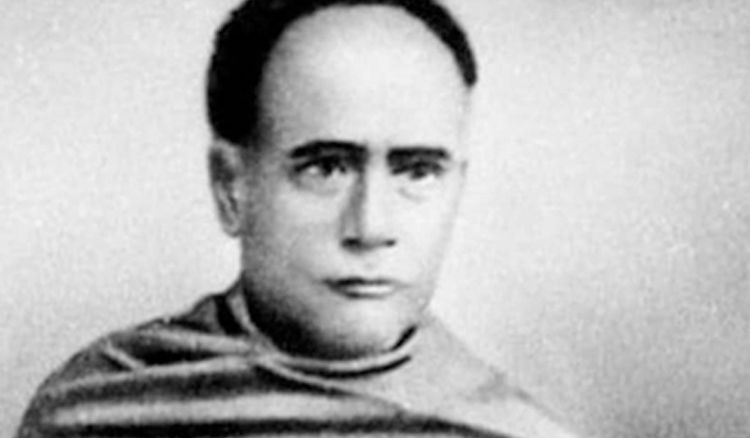Great people are born to make an impact on society. One such personality was Ishwar Chandra Vidyasagar, born as Ishwar Chandra Bandhopadhyay, who was a Bengali polymath and a key figure in the Bengal Renaissance. He was born on 26th September 1920 and today marks his 199th birth anniversary. His birth anniversary allows us to reconfigure his contributions to our Bengali identity, our essential pride and humanity.
He was known for his endless contributions on social emancipation and upliftment of women. He was a man way ahead of his time. A philosopher, educator, writer, publisher, reformer and philanthropist, his efforts to simplify and modernize Bengali literature was noteworthy.
Vidyasagar championed in women causes in India. His efforts to break the mental shackles and superstitions, particularly in the realms of primary vernacular education and widow remarriage, have carved his niche in history. He not only reconstructed the Bengali alphabet and simplified the Bengali typography into 12 vowels and 40 consonants but also challenged Hindu orthodoxy by playing a pivotal role in passing the Widow Remarriage Act. He fought for girl’s education and also vigorously challenged the barbaric practice of child marriage. Vidyasagar was always vocal about the oppression that the society inflicted on women during that time. His contributions against polygamy is also said to be one of the most important actions to bring in key societal reforms in India.
He was given the title of Vidyasagar- which means ‘ocean of knowledge’, for his mastery over the subject of Sanskrit, Bengali literature and philosophy. Some of his famous works include Bangala-r Itihaas (1848), Jeebancharit (1850), Bodhadoy (1851) and Upakramanika (1851). Ishwar Chandra Vidyasagar was at the forefront of Bengali Renaissance along with social reformer Ram Mohan Roy. He shaped modern Bengali, and also the Indian society. He also modified the rules of getting admission in Sanskrit college to allow non-Brahmin students there.
He wrote a series of textbooks in Bengali to make western education available for his countrymen. He trans-created William Shakespeare’s Comedy of Errors as “Bhrantibilash”. The scholar passed away on 29 July 1891 and shortly after his death, Rabindranath Tagore wrote, “One wonders, how God, in the process of producing forty million Bengalis, produced a man.” According to Tagore, Vidyasagar was a man enough to stimulate the nation’s growth and to bring in some serious radical reforms.
Vidyasagar holds an important place in the Bengali minds and till today, his legacy lives on and his ideas are relevant even today.
 বাংলায় পড়ুন
বাংলায় পড়ুন














